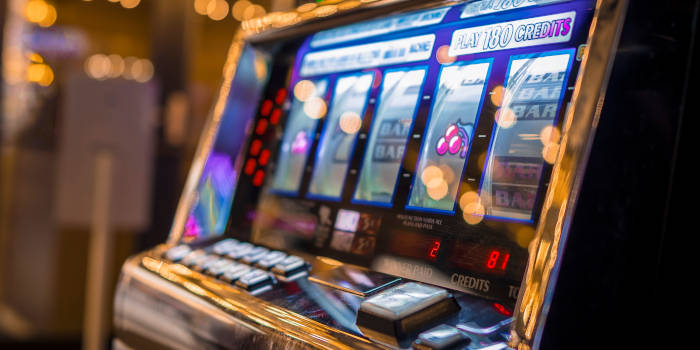The latest official to support the measure is NSW police commissioner Karen Webb who said that tougher measures are necessary to stop dirty money flowing throughout the state’s pokies machines.
The matter has driven a wedge between hospitality industry backers and officials who believe that the state’s gaming operations are abused by criminals who have been laundering billions’ worth of illicit funds this way.
Thousands of Poker Machines May Go Cashless Next Year
Speaking to the Sydney Morning Herald, Webb explained that it made sense to have cashless gaming at poker machines. She argued that since all other aspects of life have gone digital, it would be logical for payments at venues that offered gambling options to become digital as well.
And yet, there is opposition within the government of NSW premier Dominic Perrottet who vowed to make sure that all of the state’s 95,000 poker machines will feature cashless technology, allowing regulators to monitor and oversee all activities and cash flows.
Some in Perrottet’s government have opposed the measure, arguing that it would undermine pubs and clubs, many of which depend on poker machines to drive clientele. Some have suggested that players will feel “treated like criminals” or altogether estranged and even end up gambling illegally instead.
But the numbers are pretty damning as they are. The NSW Crime Commission claims that there is a significant proportion of illegal funds run through local poker machines. The exact numbers are unknown, which is precisely why regulators and lawmakers want to introduce this measure and help monitor the cash flow.
The NSW Crime Commission says that $95 billion worth of funds goes through poker machines in the state every year. Webb is also confident that the new laws set to be introduced in February would also enable the police to fight corruption and money laundering more efficiently.
Come next year, a new law that allows the authorities to seize wealth that has unexplained or illegal provenance will give police the means necessary to fight money laundering more efficiently. Now, cashless gambling is not a panacea, and it won’t have a significant impact on, say, problem gamblers, argues Professor David Dixon, who is an expert on policing and regulation at the University of New South Wales, cited by the Herald.
Problem Gambling Would Still Be a Problem, But Money Laundering to Take a Hit
Nevertheless, the measure will prove an efficient way to combat money laundering, argues Dixon. To fight problem gambling, NSW is actually hoping to introduce face recognition software, which has caused an outcry all of its own.
Despite Perrottet’s strong commitment to seeing the important changes through, most experts agree that in order to pass strong laws and initiatives and address problem gambling and money laundering, the state would need support from all stakeholders, especially the politicians.
For his part, Perrottet has not caved into campaigns threatening to smear his MPs or sully his reputation. If anything, the premier has dug his heels deeper and is relying on the support of Webb and other like-minded individuals keen to address what has been a serious public issue for many years now.
And yet, no exact date when the state’s near-100,000 poker machines may go cashless has been set.


